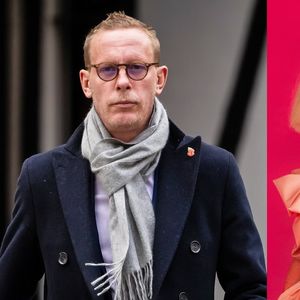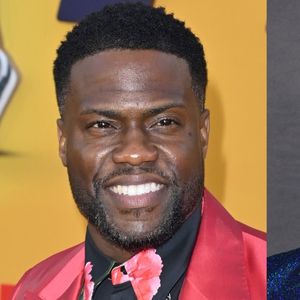The state of Utah will not recognize the same-sex marriages that took place in the brief period when such unions were legal between December 20, when a federal judge ruled the state's voter-approved ban on marriage equality unconstitutional, and Monday, when the U.S. Supreme Court granted a stay on that ruling.
A statement from Gov. Gary Herbert's office today announced that more than 1,000 same-sex marriages that took place in the 17 days when such unions were permitted in Utah will not be considered legal, according to CNN. Because Utah's constitution prohibits the state from recognizing as a valid marriage any union other than that of one man and one woman, state agencies are not required to recognize same-sex marriages as valid, an aide to the governor announced today.
"Based on counsel from the Attorney General's Office regarding the Supreme Court decision, state recognition of same-sex marital status is ON HOLD until further notice," said the governor's chief of staff, Derek Miller, in a letter to cabinet officials obtained by CNN. "Please understand this position is not intended to comment on the legal status of those same-sex marriages -- that is for the courts to decide. The intent of this communication is to direct state agency compliance with current laws that prohibit the state from recognizing same-sex marriages."
The announcement comes as a surprise, especially given the predictions of legal experts that the marriages that took place in the brief window would remain valid. Lambda Legal attorney Camilla Taylor told MSNBC's Chris Hayes earlier this week that the Supreme Court's injunction had no bearing on the validity of the marriages that took place while they were legal.
"The fact that the Supreme Court halted the further issuances of marriage licenses through this stay," Taylor explained Monday, "that doesn't do anything about the validity of those thousand marriage licenses that are already out there."
Taylor also noted that in most cases litigating the freedom to marry, there was a stay granted up until the ultimate ruling was issued, even when courts routinely found in favor of marriage equality.
That was the case in California, when thousands of same-sex couples married after the state Supreme Court ruled in July 2008 that the constitution guaranteed those couples the freedom to marry, and before Proposition 8 passed that November and effectively revoked marriage equality. After a five-year legal battle that took the issue to the U.S. Supreme Court, Proposition 8 was finally struck down for good last summer in the court's landmark ruling in Perry v. Hollingsworth.
But the invalidation of same-sex marriages that took place while they were legal isn't without precedent. The legislature for Australia's Capital Territory passed a marriage equality bill last fall, and although the commonwealth government appealed the decision, contending that it violated the national marriage amendment defining marriage as an exclusively opposite-sex union, the nation's high court decided to let the law take effect before deciding on its fate. Less than a week after Australian same-sex couples began marrying in the Capital Territory, which includes the nation's capital, Canberra, the high court struck down the territorial law and effectively voided the same-sex marriages that had already occurred.
Utah's governor and attorney general have appealed the December ruling striking down the state's discriminatory marriage amendment, and the case is expected to go before the 10th Circuit Court of Appeals in February. Attorney General Sean Reyes has pledged to spend "whatever it takes" -- possibly exceeding $2 million -- to defend the state's antigay constitutional amendment and keep marriage equality from becoming the law in Utah.
LGBT advocacy groups were outraged over the unexpected and unusual decision from Utah's governor. The American Foundation for Equal Rights, which argued against California's Prop. 8 and took the Perry case to the Supreme Court, didn't mince words in responding to the governor's decision.
"Utah's rush to ignore the marriages of more than one thousand loving gay and lesbian couples is cruel, demeaning and, as Governor Herbert himself acknowledges, causes real harm to their families and children," said Adam Umhoefer, AFER's executive director, in a statement. "These families should not be stuck in legal limbo while the State's appeal plays out. We call on the federal government to give them some measure of human dignity to which they are constitutionally entitled by recognizing their marriages under federal law."
A press release from the Human Rights Campaign, whose current president, Chad Griffin, founded AFER, struck a similar tone.
"Today's decision harms hundreds of Utah families and denies them the respect and basic protections that they deserve as legally married couples," said Griffin. "Governor Herbert has once again planted himself firmly on the side of discrimination by preserving the second-class status he believes gay and lesbian Utahans merit. These families deserve better and I have no doubt the courts will soon grant them the justice and equality that our Constitution demands."

















































































